Building a fashion brand is an exciting journey. The right manufacturing partner is crucial. This relationship can make or break your business. Domestic production offers incredible advantages. You gain speed, control, and transparency. The search itself requires a clear strategy. You need to find a factory that aligns with your vision. This process demands patience and diligent research. A good fit leads to a powerful collaboration.
Define Your Production Identity
Clarity is your greatest asset. Do not start searching blindly. First, define your brand’s specific needs. What type of garments are you creating? Are you focusing on technical activewear? Do you specialize in delicate knitwear? Perhaps you need a factory for heavy-duty denim. Each category requires different machinery and expertise. Understanding your niche helps narrow the field. It focuses your search on specialists, not generalists. This step is foundational for finding the best clothing manufacturers USA has to offer. Also, consider your volume. Are you a start-up needing low minimums? Or an established brand planning larger runs? This clarity will immediately filter your options.
The Digital Hunt Begins
Your computer is a powerful tool. Start with thorough online research. Use specific keywords related to your niche. Explore industry directories and B2B platforms. Scrutinize manufacturer websites carefully. Examine their portfolio and client list. Look for reviews or testimonials. Social media platforms like Instagram can also provide clues. You can see brands they work with and their finished products. This digital legwork creates a solid starting list of potential partners. Do not underestimate trade shows. Events like MAGIC in Las Vegas are excellent for meeting manufacturers face-to-face. These connections are often more valuable than a hundred emails.
Vetting for Values and Capabilities
A website can be misleading. Deeper investigation is essential. Contact your shortlisted factories directly. Prepare a list of key questions. Inquire about their minimum order quantities (MOQs). Ask about their typical production timelines. Gauge their experience with your specific fabrications. Most importantly, discuss their ethical standards. Do they ensure fair labor practices? Transparency here is non-negotiable. Their answers will reveal their professionalism and values. Ask for references from current clients. A reputable factory will gladly provide them. Speaking directly with another brand offers priceless insight.
The Sample Seal of Approval
Never skip the sampling stage. It is the truest test of a factory’s skill. A manufacturer might sound perfect on paper. Their physical work tells the real story. Order a prototype sample. Pay close attention to the construction. Examine the stitching quality. Check the precision of the pattern cutting. Assess the overall finish. This sample is a preview of your future production quality. Any hesitations now will only magnify later. Be prepared to pay for this sample. A professional sample reflects a professional operation. It is a worthwhile investment in your brand’s future.
Communication is Everything
Pay close attention to your interactions. Is the factory responsive to emails? Do they answer your questions thoroughly? A good partner communicates clearly and proactively. They should explain their processes. They should set realistic expectations. A lack of communication before you are a client often signals bigger problems ahead. You are not just hiring a service. You are building a collaborative partnership. Clear dialogue is its foundation. Establish a single point of contact. This prevents confusion and streamlines all communications. Good communication prevents most production issues.
The Financial Realities
Understand the cost structure. Domestic manufacturing is generally more expensive than overseas options. You are paying for skilled labor and stricter regulations. Request detailed cost breakdowns. This should include labor, materials, and any additional fees. Ask about payment terms. Be wary of prices that seem too good to be true. They usually are. The goal is a fair price for high-quality, ethical work. Also, factor in the hidden savings of local production. You avoid import duties. You reduce shipping costs and complexities. These benefits often balance the higher initial cost.
The Logistics and Location Advantage
Geography matters. A factory on the opposite coast creates logistical challenges. Consider the time zone difference for communication. Think about shipping times for samples and final goods. Proximity allows for factory visits. You can check on production progress personally. You can build a stronger, more personal relationship with the team. The local advantage is a significant benefit of producing domestically. It offers peace of mind and greater control over your entire supply chain.
Building a Lasting Alliance
View this as a long-term relationship, not a transaction; your manufacturer should really feel like an extension of your team. When you find the right fit, nurture that connection. Pay your invoices on time. Provide clear feedback. A reliable domestic partner is an incredible asset. They can help you scale your brand efficiently. They become a trusted advisor in your growth. This collaboration is the ultimate key to your success. A strong partnership ensures your brand can adapt and thrive for years to come.











